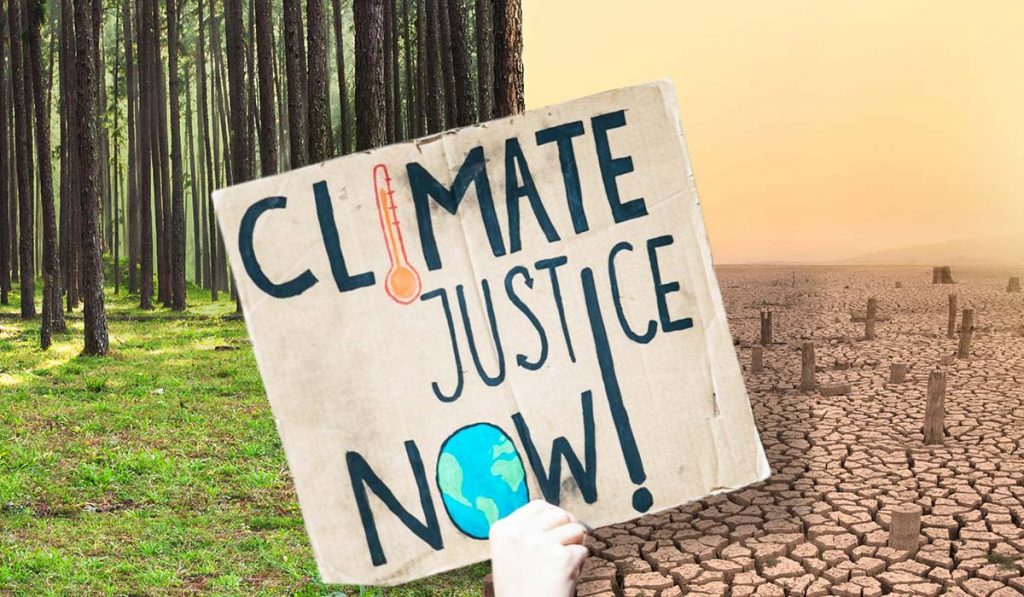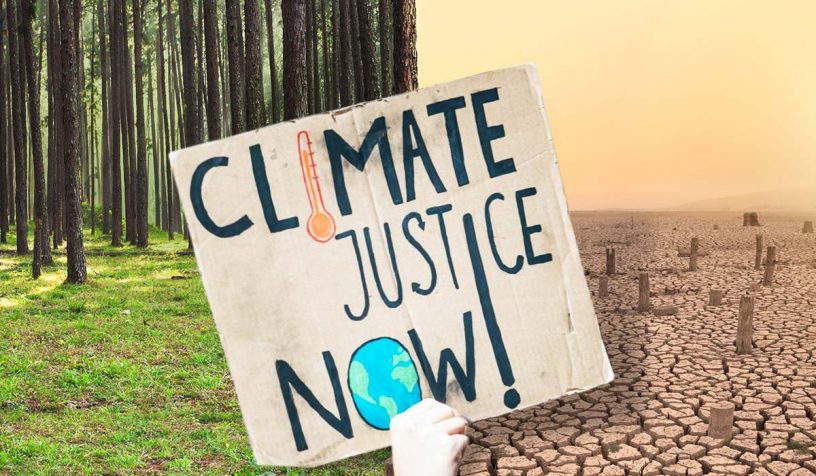
This paper examines the relationship of climate change with justice, its relevance, and consequences, and thereby presents a non-ideal theory of climate change.
Author
Mansi Rathour, Lecturer, Jindal Global Law School, O.P. Jindal Global University, Sonipat, Haryana, India.
Summary
Much of the literature on climate justice focuses on ideal conceptions and normative arguments of justice theory resulting into high levels of non-compliance and violation of duties.
With the issues of climate change being a threat to human life and subsistence, it is imperative that we not just prevent but even adapt to the dangers of climate change.
This paper examines the relationship of climate change with justice, its relevance, and consequences, and thereby presents a non-ideal theory of climate change. By analyzing the most used principles of Polluter Pays Principle (PPP) and the Ability to Pay Principle (APP), the paper shows their limited nature.
The researcher argues that the PPP principle does not sufficiently cover all the circumstances of climate change such as those of non-human induced activities, excusable ignorance, and past generations no longer alive to bear their burdens. The APP principle is vulnerable to challenges of being counter-intuitive to the historical origin of problem and costs on those who are not faulty, says the author.
A modified version of the PPP is then offered as a supplement towards the non-ideal theory of climate justice to overcome the lack of completeness in the widely used principle.
The supplementary approach, though non-ideal, suits the urgency for vulnerable places in adapting to and grappling with the issues of changing climate.
Published in: Ecology, Environment and Conservation
To read the full article, please click here.


